
Similar Posts
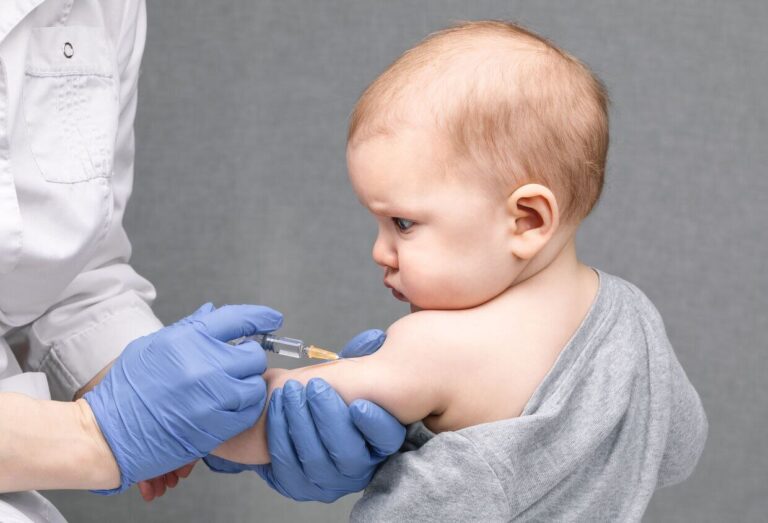
Iran to Launch Nationwide Distribution of Indigenous Pentavalent Vaccines
The Iranian health ministry will distribute domestically produced pentavalent vaccines nationwide starting Tuesday, aimed at protecting infants from diseases like diphtheria, tetanus, and hepatitis B. FDA head Mehdi Pir-salehi announced the rollout of 800,000 units, with plans to increase to 1.2 million. This vaccine has been part of Iran’s immunization strategy since 2014, with children receiving three doses. Concurrently, a polio eradication campaign targets high-risk areas, vaccinating 300,000 children under five this spring. Iran, polio-free since 2000, continues to combat the disease amid rising cases in neighboring countries, ensuring the health of its youngest population.
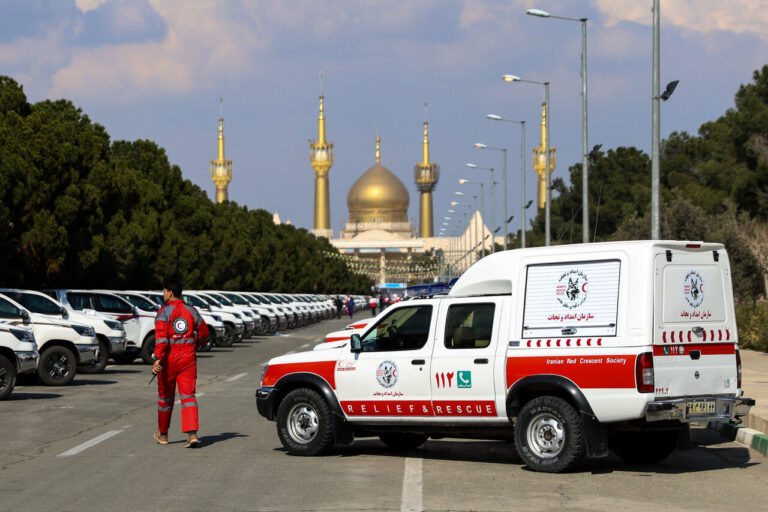
IRCS Gears Up for Spectacular Nowruz Services: Celebrating Tradition and Community!
The Iranian Red Crescent Society conducted a crucial drill to enhance their emergency services ahead of the Nowruz holidays, celebrated on March 21. This period sees increased travel, prompting the need for timely medical assistance. The drill included simulations to assess response times, improve coordination, and strategize logistical planning. Key objectives also involved familiarizing personnel with communication protocols and engaging local communities through workshops and informational pamphlets. The successful exercise highlighted increased readiness and teamwork, ensuring that the Red Crescent teams are well-prepared to support travelers during the festive season, reinforcing their commitment to public safety and health.
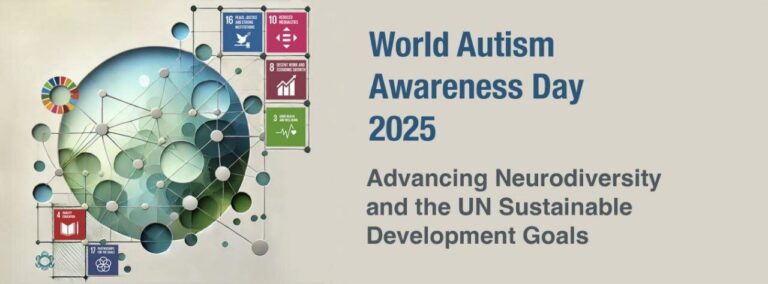
Celebrating World Autism Awareness Day: Championing Neurodiversity and Advancing UN Sustainable Development Goals
World Autism Awareness Day, observed on April 2, aims to raise awareness about autism spectrum disorder (ASD) and promote inclusion for autistic individuals. ASD presents challenges in social interaction, communication, and behavior, with varying needs across the spectrum. In Iran, approximately 1 in 150 children is diagnosed with autism, and initiatives are being launched to enhance awareness, including workshops and the establishment of rehabilitation centers. This year’s theme emphasizes neurodiversity and its connection to global sustainability goals. The event will feature discussions on inclusive healthcare, education, and community design, advocating for equal opportunities and recognition of autistic contributions to society.
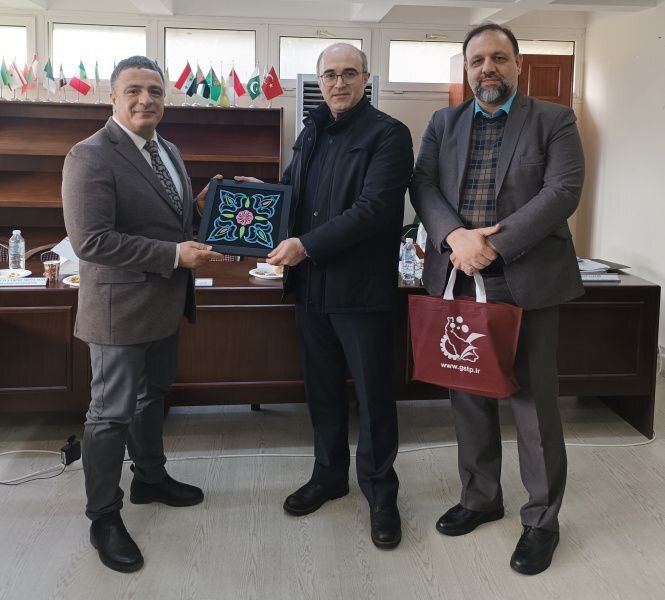
Strengthening Innovation: Gilan and Izmir Sci-Tech Parks Unite for Enhanced Collaboration
The Gilan Science and Technology Park and Izmir Technology Park have begun discussions to enhance collaboration, focusing on health and intellectual property sectors. This partnership aims to foster innovation through joint investment in scientific projects. During a meeting in February 2023, officials emphasized strengthening ties between start-ups. Key initiatives include organizing a joint event on the blue economy and implementing educational programs to boost skills. Additionally, Mazandaran Science and Technology Park and Istanbul’s Biruni Teknopark are exploring technology interactions, agreeing to sign an MOU for technology transfer offices and support for start-ups. These efforts aim to attract investments and promote growth for Iranian and Turkish firms.
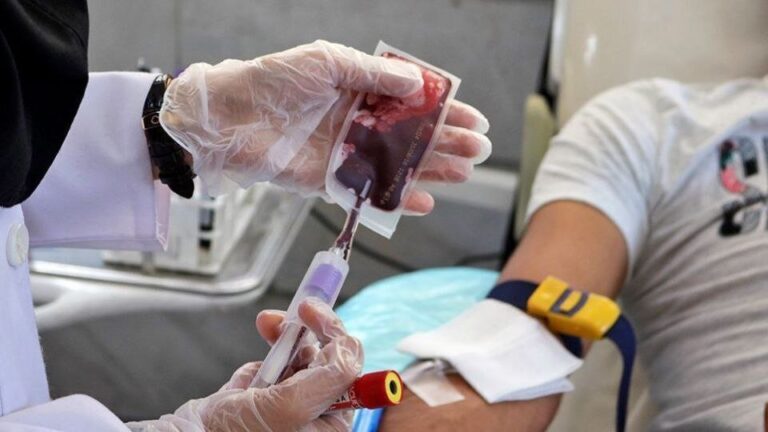
Blood Donations Surge 2% in Just 9 Months: A Lifesaving Trend!
Blood donation in Iran has increased by over 2% in the first nine months of the current calendar year, with 1,793,126 units donated. Key provinces showing significant growth include Kohgiluyeh-Boyerahmad (over 25%), Sistan–Baluchestan (15%), and Alborz (9%). The overall donation growth rate rose to 56%, with Semnan, Yazd, and Golestan leading. Women’s contributions reached 4.5%, with the highest participation from North Khorasan and Lorestan. Tehran accounted for over 16% of total donations. The previous year saw 2,327,997 donors, a 4.7% increase, emphasizing the importance of community involvement in health initiatives and continued promotion of blood donation.
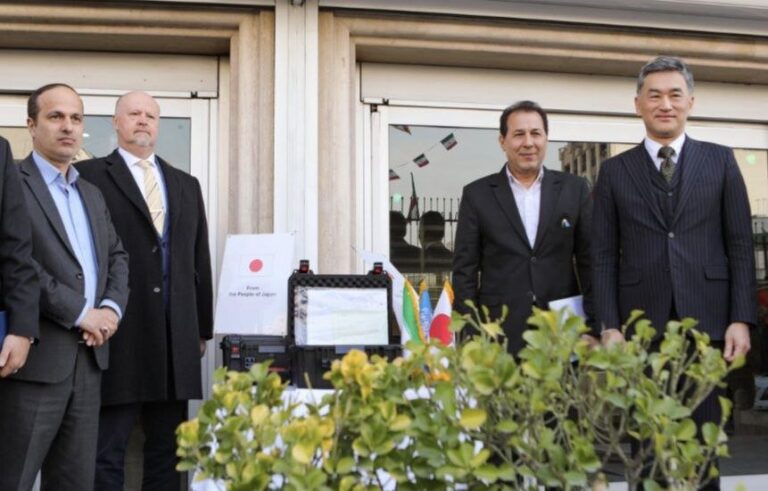
UNODC Boosts Iran’s Drug Detection Capabilities with 4 New Advanced Trace Detector Devices
The UNODC has delivered four advanced drug trace detector devices to Iran’s Customs Organization and Anti-Narcotics Police, funded by the Japanese government, to aid in combating drug trafficking. The handover ceremony, held on February 5 in Tehran, highlighted Iran’s strategic partnership with the UNODC since 1991. Key representatives emphasized the need for enhanced detection tools due to rising methamphetamine production in Afghanistan and increased narcotics transit through Iran. In 2024, Iranian authorities seized significant quantities of narcotics, underscoring their crucial role in global drug control. The initiative aims to bolster Iran’s capabilities in this ongoing fight for global security.